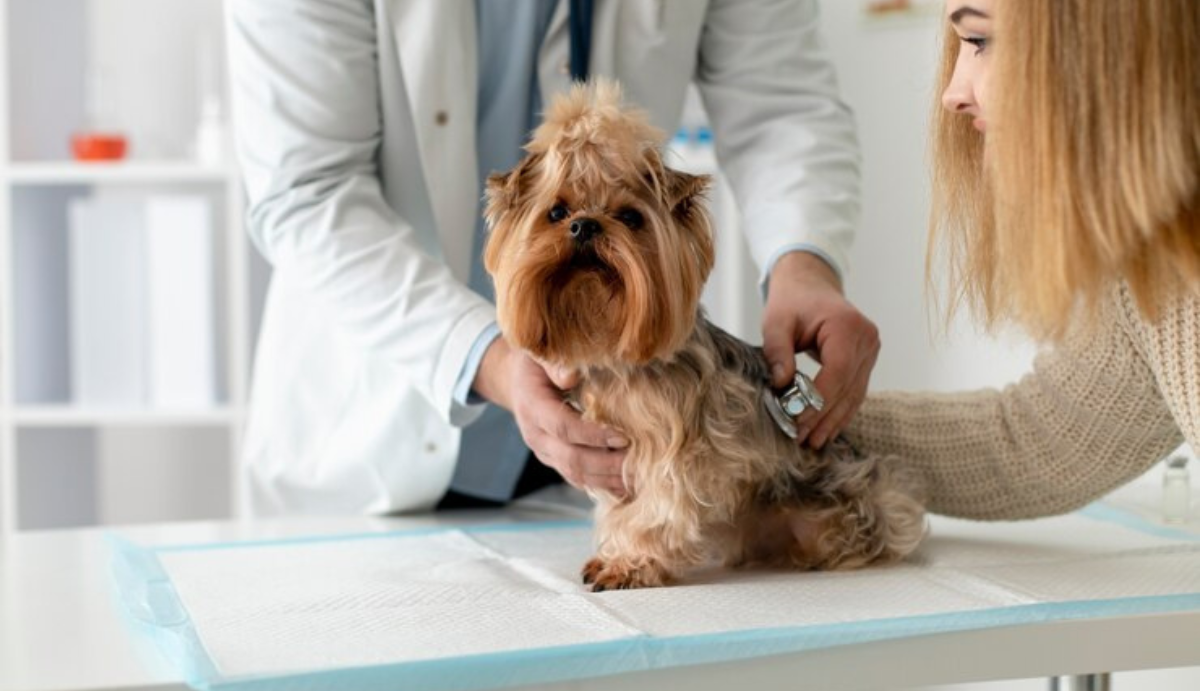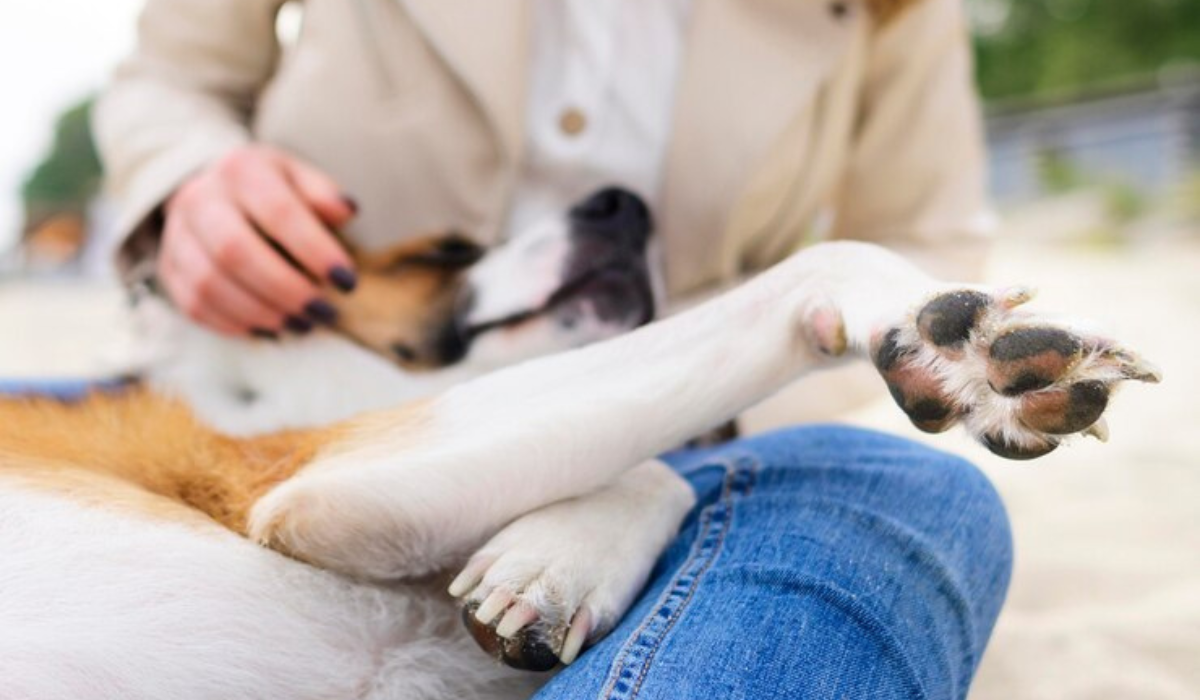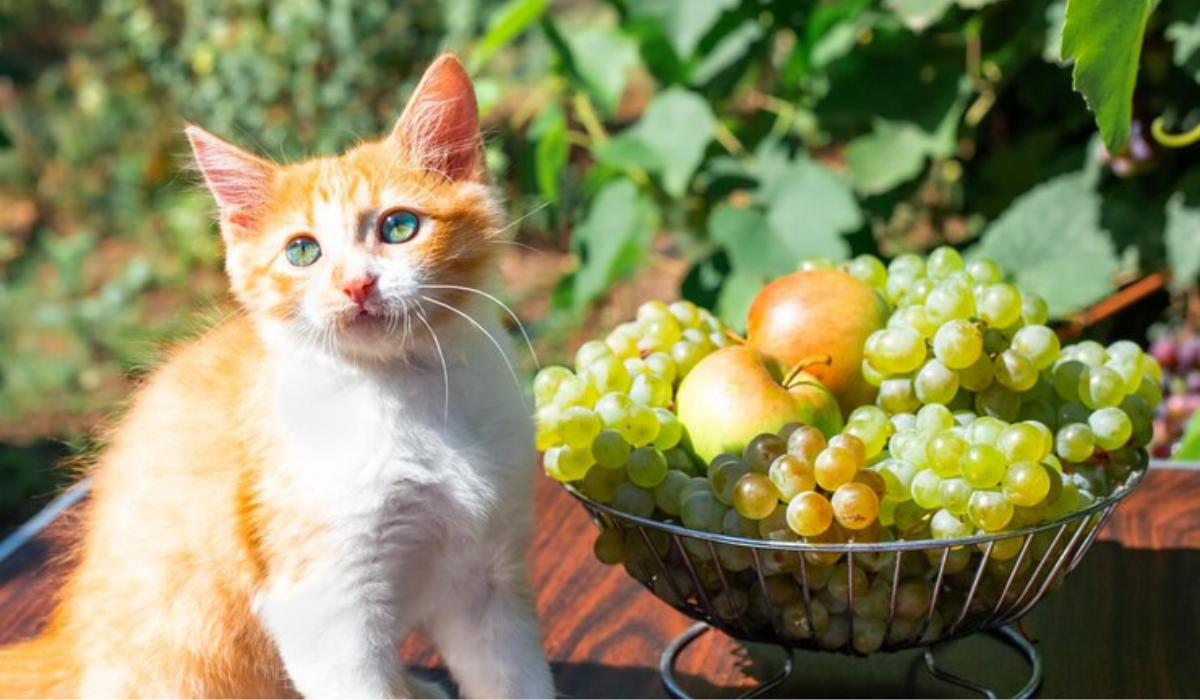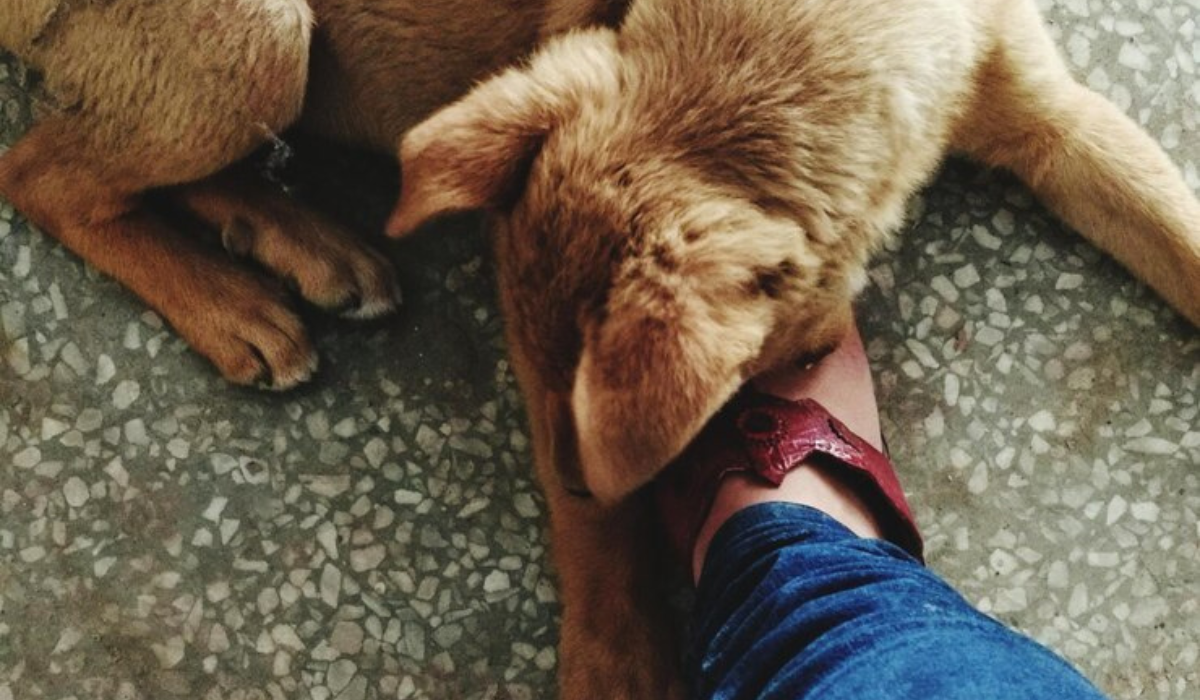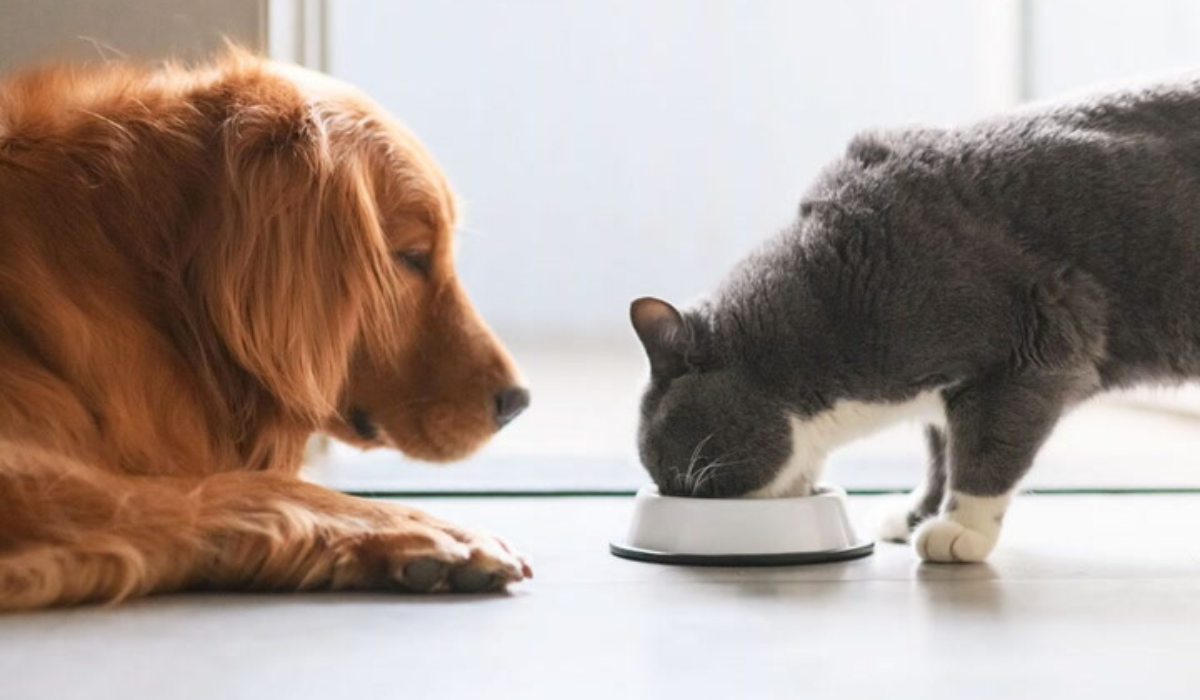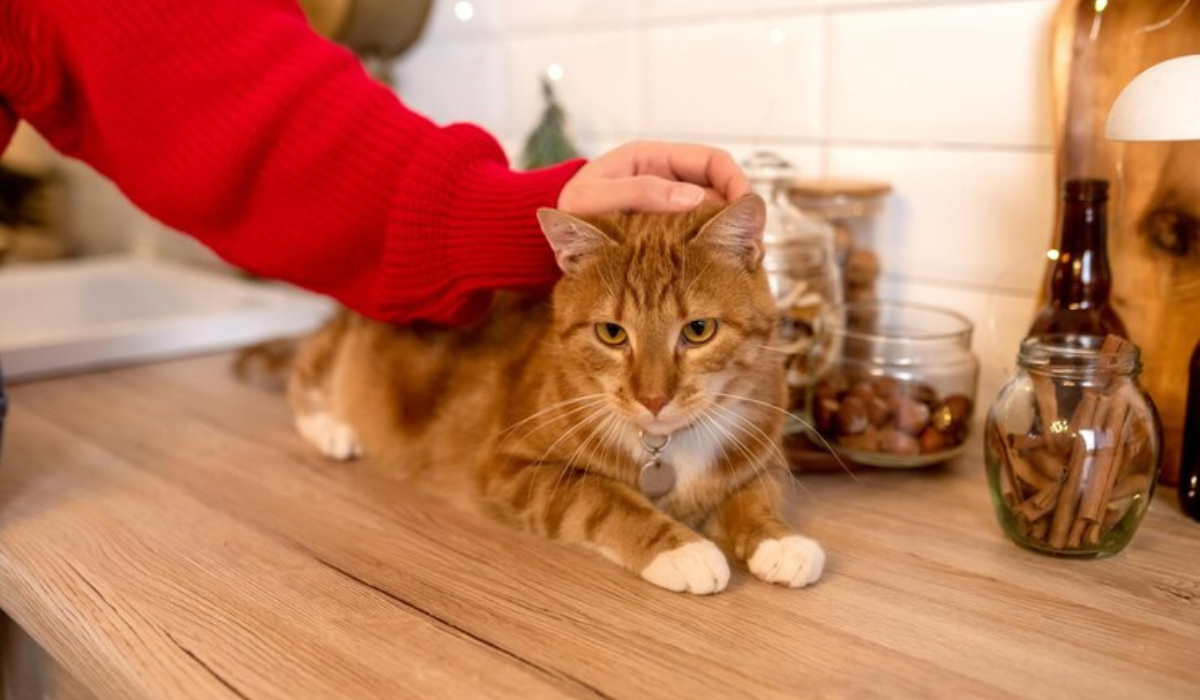While grapes are often hailed as a healthy snack, they can pose a risk to our feline friends. Although extensive research has already been done on grape toxicity, it’s important to also understand how grapes can affect cats. This article explores the complex issue of cats eating grapes. It sheds light on possible dangers, signs and symptoms of toxicity, prevention measures, as well as safer alternatives.
1. Rare but Serious
- Grape toxicity is rare in cats, but it can be serious. Dogs and cats have been affected by kidney damage and illness.
- Grapes can be harmful to cats, who are obligate carnivores.
2. Toxicity signs
- Grape toxicity can cause nausea, vomiting and in rare cases kidney damage.
- Kidney damage is fatal. It’s important to act quickly if you suspect that your cat has eaten grapes.
3. Unidentified Toxin:
- It is not known what toxin causes grape toxicity, but it’s believed that water-soluble compounds, like tartaric acid in grape flesh are the culprits.
- Quantity Issues: It can be difficult to determine the safe amount of grapes that cats should consume, since toxicity levels vary. Even a small quantity can cause kidney damage.
- If grape ingestion has been suspected, immediate veterinary care is required.
4. Symptoms Timeline
- Grape consumption can cause initial symptoms such as lethargy and vomiting.
- 24 to 48 hours later, more severe symptoms of kidney disease such as increased thirst, neurological problems, and loss in appetite can appear.
5. Veterinary Intervention
- It is important to seek immediate veterinary advice. To flush out toxins, veterinarians can induce vomiting, administer IV fluids, or use binding agents.
- Repeated monitoring is necessary to determine the need for long term care. Blood and urine tests are used to assess kidney function.
6. Preventive measures:
- Owners should be aware of any grape consumption and keep grapes away from children.
- Avoid inducing vomiting unless you have professional advice to prevent potential harm.
7. The severity of kidney damage:
- Early intervention is important because kidney damage may not be reversible.
- Cats that have not suffered kidney damage may be able to recover within 24 hours. However, those who suffer from injuries may need extended hospitalization and long-term medication.
8. Awareness and communication:
- Even though cats are not drawn to grapes by nature, pet owners should be aware that they can be dangerous.
- In the event of grape consumption, it is important to contact a veterinarian as soon as possible.
9. Preventive care:
- Cat owners must be proactive in preventing grapes and raisins from entering their cat’s habitat.
- It is important to be aware of the potential toxins in order to create a safe environment at home for your feline companions.
Feline Diet Overview:
- AAFCO approved cat food is the best choice for cats, as they are carnivores by nature.
- Grapes are a soft, moist texture that cats may like.
Grapes are rich in vitamins and minerals.
- Grapes are safe for cats if consumed in moderation. They can also be considered as a healthy snack.
- These foods are rich in antioxidants and essential nutrients. They also contain no fat, but they have a relatively low calorie count.
Potential Dangers:
- Cats who eat large quantities of grapes can experience gastrointestinal upset, which may include symptoms such as diarrhea.
- Grape toxicity in cats has not been proven, but ingestion of stems or plants from grape trees can cause obstruction in the gastrointestinal tract.
Grape Toxicity:
- Grapes and raisins can cause serious health problems in dogs. It is uncommon in cats due to the fact that they eat these fruits infrequently.
Signs of a problem:
- If grapes are consumed by cats, they may exhibit symptoms such as vomiting or diarrhea, abdominal pain, lethargy and/or decreased appetite.
Feeding Guideline:
- It is best to cut up grapes into small pieces and offer them to your cat.
- To avoid digestive problems, cats should not consume grape leaves or stems.
Moderation is key:
- Although cats can eat them, they don’t need grapes in their regular diet.
- Grapes are not recommended as a snack or treat.
Allergic Reactions
- Cat allergies to grapes may be possible but are rare. It is important to monitor for adverse reactions following the introduction of grapes.
Other Alternatives to the Use of Alcohol:
- Although cats can eat grapes, there is a wide variety of healthier and nutritionally more beneficial treats and snacks available.
- By choosing snacks that are tailored to the nutritional needs of cats, you can ensure a more balanced and healthier diet for your cat.
Consult a veterinarian:
- It is important to seek immediate veterinary care if your cat displays signs of distress following grape consumption.
- Veterinarians are able to provide advice on possible issues and make dietary recommendations that will suit cats.
It is important to understand the balance between a few treats and a balanced feline diet in order to ensure the safety and health of cats. Grapes can be eaten in moderation but the key to overall health is to prioritize nutrition.

